- Private jet crashes in flames at Maine airport with eight aboard Reuters
- Bangor plane crash: Private jet carrying 8 people crashes at Maine airport, FAA says CNN
- Private jet crashes in flames at Bangor airport with eight aboard, identities…
Category: 2. World
-
Private jet crashes in flames at Maine airport with eight aboard – Reuters
-

Trump news at a glance: Pretti killing a ‘wake-up call’ say Obamas as Clinton urges Americans to speak out | Trump administration
Democratic ex-presidents Barack Obama and Bill Clinton have spoken out against the fatal shooting of a 37-year-old nurse in Minneapolis, the second person to be shot dead by federal immigration officers in the city this month.
In a statement…
Continue Reading
-
Taiwan monitoring 'abnormal' China military leadership changes after top general put under investigation – Reuters
- Taiwan monitoring ‘abnormal’ China military leadership changes after top general put under investigation Reuters
- Exclusive | China’s Top General Accused of Giving Nuclear Secrets to U.S. The Wall Street Journal
- Xi’s Purge of China’s…
Continue Reading
-
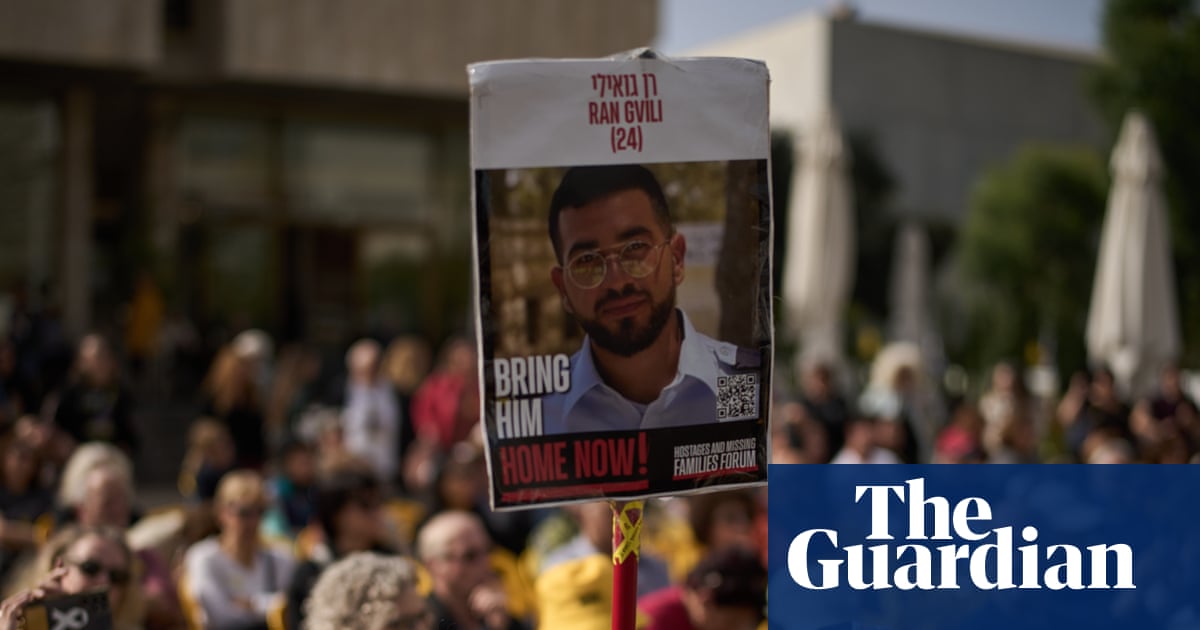
Israel launches ‘large-scale operation’ to find last Gaza hostage | Israel
Israel said on Sunday its military was conducting a “large-scale operation” to locate the last hostage in Gaza, as Washington and other mediators pressure Israel and Hamas to move into the next phase of their ceasefire.
The statement came as…
Continue Reading
-
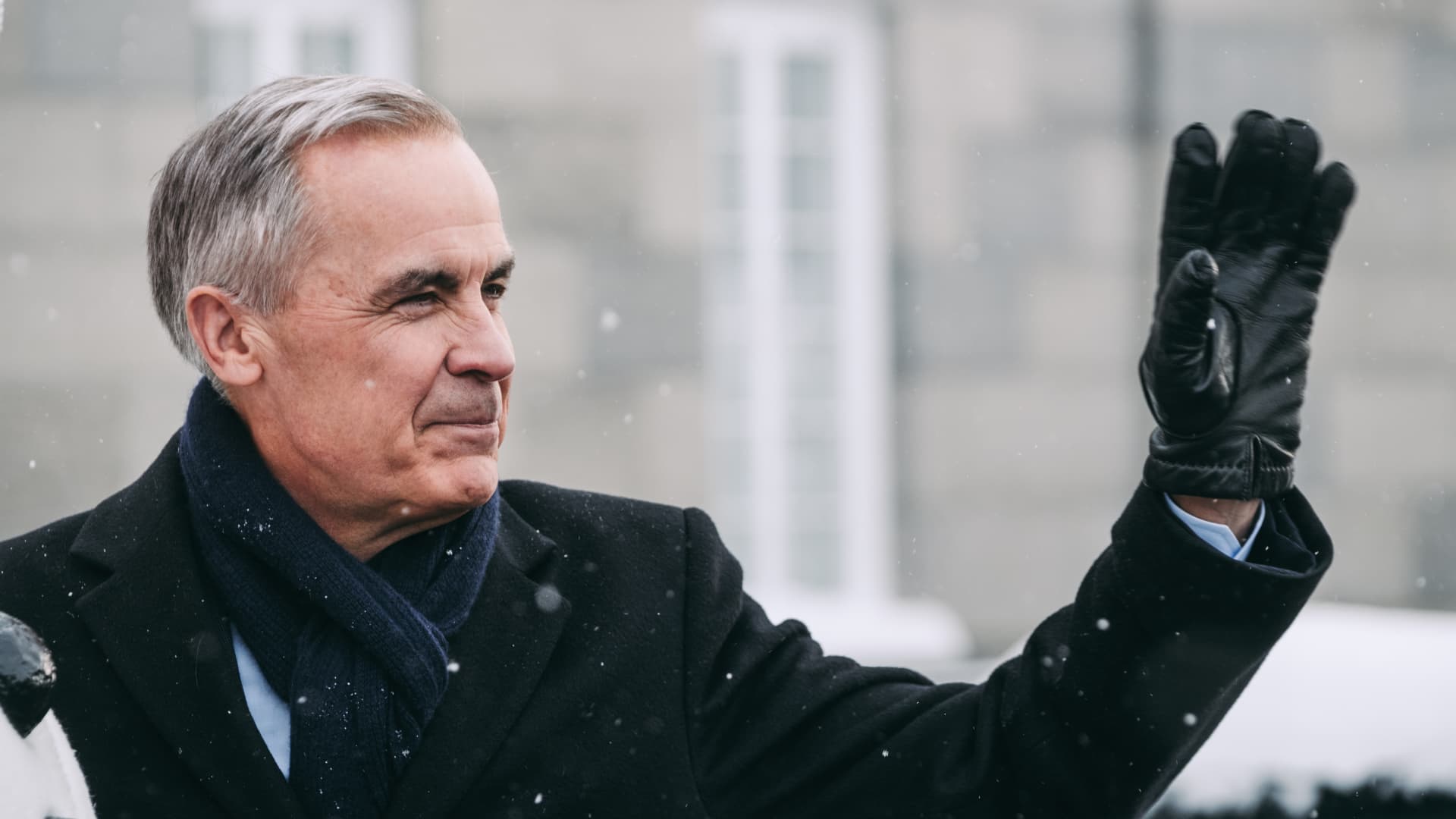
Carney says Canada not pursuing free trade deal with China as Trump threatens 100% tariffs
Canada has “no intention” of pursuing a free trade deal with China, Prime Minister Mark Carney said, after U.S. President Donald Trump threatened to slap punitive tariffs on Ottawa.
Speaking to reporters on Sunday, Carney said that the country…
Continue Reading
-

China’s top ranking general under investigation for alleged violations amid ongoing purge of leadership | China
China’s most senior general is under investigation, China’s defence ministry has confirmed, in the highest profile case to date in an aggressive anti-graft purge of senior military leadership in recent months.
Zhang Youxia serves as…
Continue Reading
-

China, Brazil vow to further deepen ties
January 26, 2026
BEIJING – President Xi Jinping and Brazilian President Luiz Inacio Lula da Silva pledged to deepen bilateral cooperation and jointly safeguard the central role of the United Nations amid the current turbulent international…
Continue Reading
-
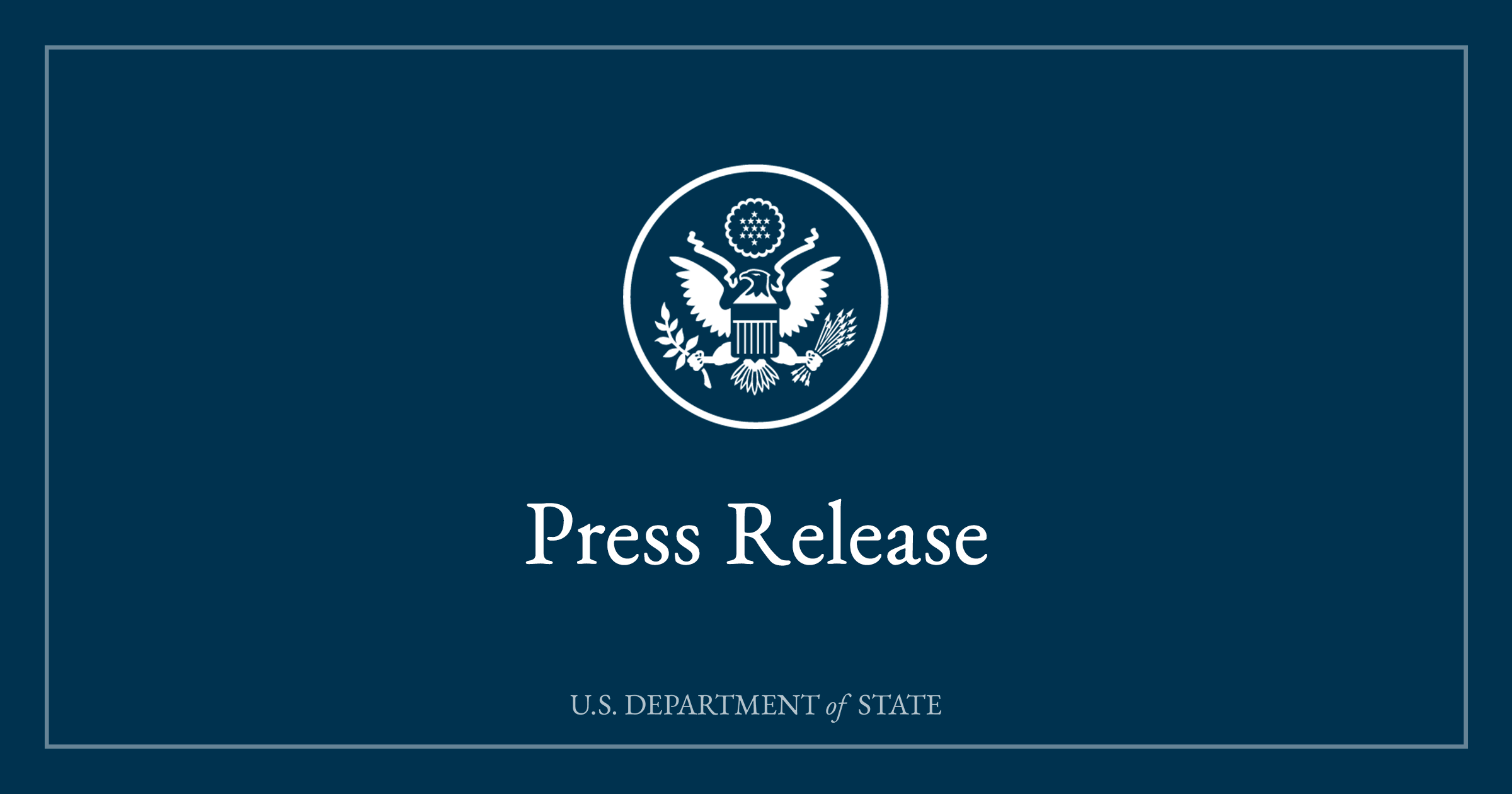
Joint Statement on the Third U.S.-Oman Strategic Dialogue
The text of the following statement was released by the Governments of the United States of America and the Sultanate of Oman on the occasion of the Third U.S.-Oman Strategic Dialogue.
Begin Text
His Excellency Sheikh Khalifa bin Ali bin Issa…
Continue Reading
-
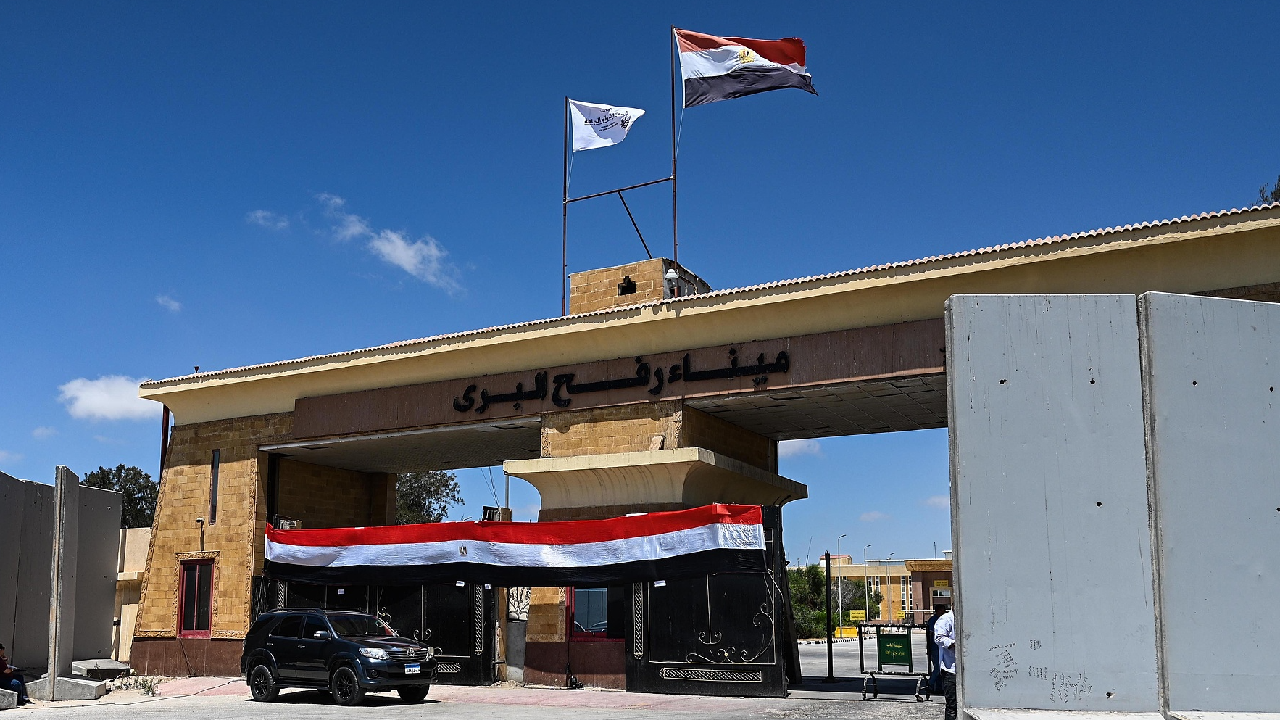
Israel to reopen Rafah crossing after final hostage body search ends – news.cgtn.com
- Israel to reopen Rafah crossing after final hostage body search ends news.cgtn.com
- Israel says Rafah crossing to open after search for last captive body ends Al Jazeera
- Israel wants more Palestinians ‘leaving Gaza’ Dawn
- Israel agrees to…
Continue Reading
-
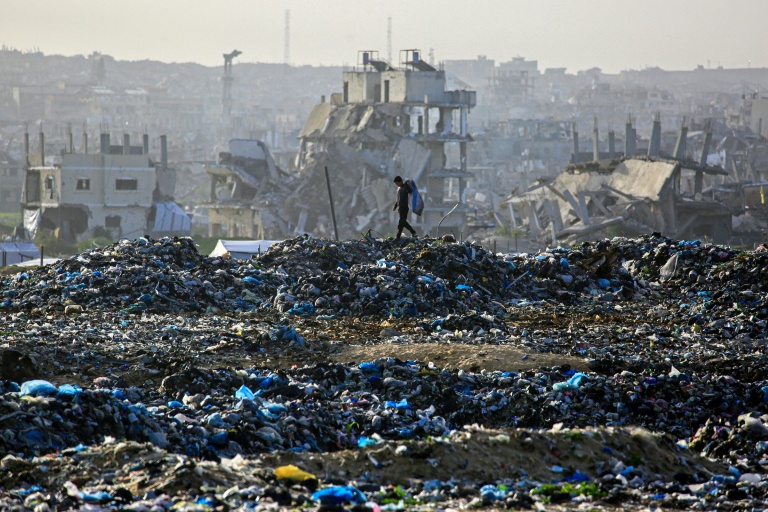
Israel agrees to ‘limited reopening’ of Rafah crossing
Israel said Monday it would allow a “limited reopening” of the Rafah border crossing between Gaza and Egypt once it had recovered the remains of the last hostage in the Palestinian territory.
Reopening Rafah, a vital entry point for aid into Gaza,…
Continue Reading